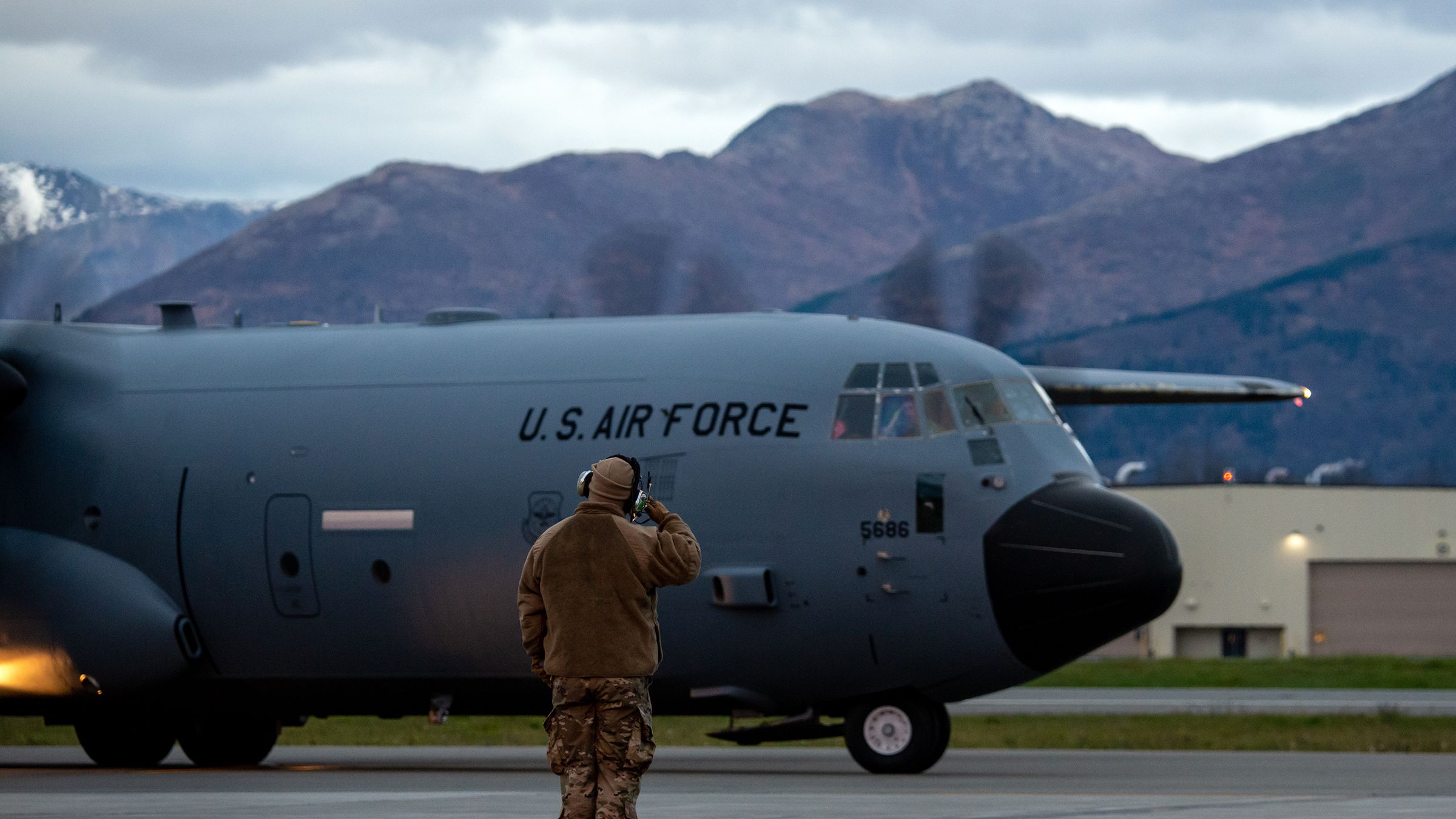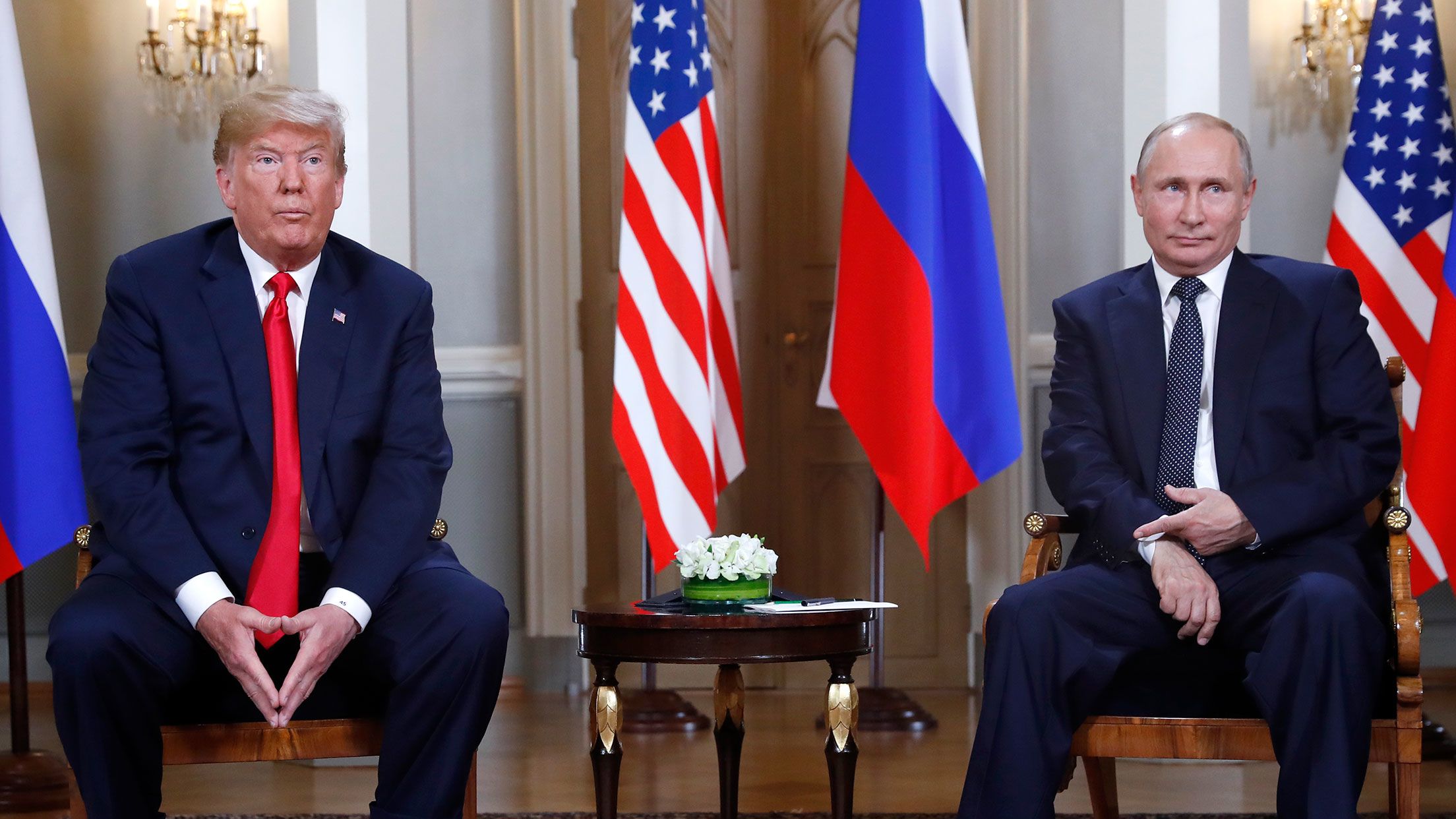
Vance visits US troops during high-stakes UK trip ahead of Trump's Putin meeting
Entities mentioned:
- JD Vance: Duty, Influence, Loyalty
- Donald Trump: Power, Control, Legacy
- Vladimir Putin: Power, Control, Self-preservation
- David Lammy: Duty, Cooperation, Security
- U.S. Military: Duty, Security, Professional pride
- European allies: Security, Cooperation, Self-preservation
- Ukraine: Self-preservation, Freedom, Justice
Article Assessment:
Credibility Score: 75/100
Bias Rating: 55/100 (Center)
Sentiment Score: 45/100
Authoritarianism Risk: 35/100 (Generally Democratic)
Bias Analysis:
The article presents a relatively balanced view, incorporating multiple perspectives and sources. However, there's a slight lean towards emphasizing the Trump administration's viewpoint, particularly in quoting Trump and Vance directly.
Key metric: International Relations and Diplomacy
As a social scientist, I analyze that this article highlights the complex interplay of international diplomacy, military strategy, and geopolitical tensions surrounding the ongoing Ukraine conflict. Vice President Vance's trip to the UK serves multiple purposes: reinforcing US-UK relations, pressuring European allies to take greater responsibility in the Ukraine conflict, and setting the stage for President Trump's meeting with Putin. The shift in Trump's rhetoric towards Putin suggests a potential recalibration of US-Russia relations. The article also underscores the significant financial commitment the US has made to Ukraine, and the administration's apparent desire to reduce this burden. This diplomatic maneuvering could have far-reaching implications for NATO alliance dynamics, the future of the Ukraine conflict, and the balance of power in Eastern Europe.

What we know about Trump’s meeting with Vladimir Putin in Alaska
Entities mentioned:
- Donald Trump: Ambition, Legacy, Power
- Vladimir Putin: Power, Control, Influence
- Volodymyr Zelenskyy: Determination, Righteousness, Self-preservation
- Karoline Leavitt: Duty, Loyalty, Professional pride
- Kaja Kallas: Security, Unity, Justice
- Dan Hoffman: Professional pride, Wariness, Curiosity
- Kirill Dmitriev: Influence, Loyalty, Pride
- Recep Tayyip Erdoğan: Influence, Recognition, Power
Article Assessment:
Credibility Score: 75/100
Bias Rating: 55/100 (Center)
Sentiment Score: 45/100
Authoritarianism Risk: 35/100 (Generally Democratic)
Bias Analysis:
The article presents multiple perspectives and quotes from various sources, indicating an attempt at balanced reporting. However, there's a slight lean towards emphasizing Western viewpoints and concerns, particularly those of Ukraine and its allies.
Key metric: International Relations and Diplomacy
As a social scientist, I analyze that this article highlights a significant diplomatic event with potential far-reaching consequences for international relations, particularly regarding the ongoing conflict in Ukraine. The proposed meeting between Trump and Putin in Alaska represents a high-stakes attempt at conflict resolution, bypassing traditional diplomatic channels and raising questions about the roles of other key stakeholders, especially Ukraine and European allies. The article underscores the complexities of international negotiations, the delicate balance of power dynamics, and the potential risks and opportunities in direct leader-to-leader diplomacy. It also reflects the ongoing tensions between national interests, territorial integrity, and the challenges of achieving lasting peace in a complex geopolitical landscape.

White House lands on Trump-Putin summit location as officials race to prepare for historic Alaska meeting
Entities mentioned:
- President Donald Trump: Ambition, Power, Legacy
- Vladimir Putin: Power, Influence, Control
- White House officials: Duty, Professional pride, Security
- Secretary of State Marco Rubio: Duty, Influence, Professional pride
- John Bolton: Wariness, Criticism, Influence
- President Joe Biden: Duty, Security, Influence
- Steve Witkoff: Loyalty, Influence, Duty
- Volodymyr Zelensky: Security, Influence, Self-preservation
Article Assessment:
Credibility Score: 70/100
Bias Rating: 55/100 (Center)
Sentiment Score: 45/100
Authoritarianism Risk: 35/100 (Generally Democratic)
Bias Analysis:
The article presents multiple perspectives, including critics of the summit. However, it leans slightly towards emphasizing concerns and potential risks, while still maintaining a relatively balanced approach.
Key metric: International Relations and Diplomacy
As a social scientist, I analyze that this summit between Trump and Putin represents a significant shift in US-Russia relations, potentially impacting global geopolitics. The rushed nature of the preparations and the choice of location in Alaska suggest an unconventional approach to diplomacy. The one-on-one format raises concerns about transparency and accountability. The exclusion of Ukraine's President Zelensky from direct participation could affect the balance of power discussions regarding the ongoing conflict. This meeting may influence international perceptions of US foreign policy and its stance towards Russia, potentially altering alliances and diplomatic strategies globally.

Trump says he’ll meet Putin in Alaska next week
Entities mentioned:
- Donald Trump: Ambition, Power, Legacy
- Vladimir Putin: Power, Control, Influence
- Volodymyr Zelensky: Determination, Loyalty, Self-preservation
- Steve Witkoff: Duty, Influence, Obligation
- Marco Rubio: Duty, Influence, Professional pride
- Yury Ushakov: Duty, Loyalty, Professional pride
Article Assessment:
Credibility Score: 75/100
Bias Rating: 45/100 (Center)
Sentiment Score: 45/100
Authoritarianism Risk: 55/100 (Mixed/Neutral)
Bias Analysis:
The article presents multiple viewpoints and sources, including Trump, Putin, Zelensky, and European officials. It maintains a relatively neutral tone, though it does highlight some concerns about the proposed peace deal.
Key metric: International Relations and Diplomacy
As a social scientist, I analyze that this article highlights a significant shift in US-Russia relations and potential global geopolitical dynamics. The proposed meeting between Trump and Putin, along with the suggested peace deal for Ukraine, could have far-reaching implications for international diplomacy, territorial sovereignty, and the balance of power in Eastern Europe. The article reveals complex negotiations involving multiple stakeholders, each with their own motivations and constraints. The potential territorial concessions from Ukraine are particularly contentious and could set a dangerous precedent for future conflicts. The article also underscores the tensions between realpolitik approaches to conflict resolution and principles of national sovereignty and international law.